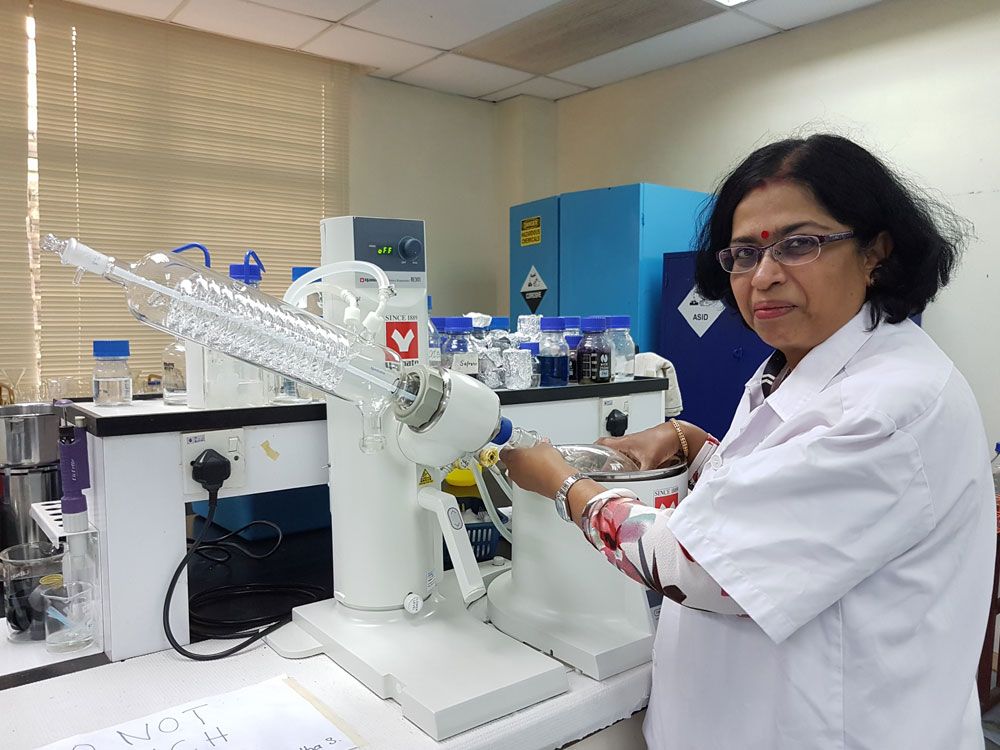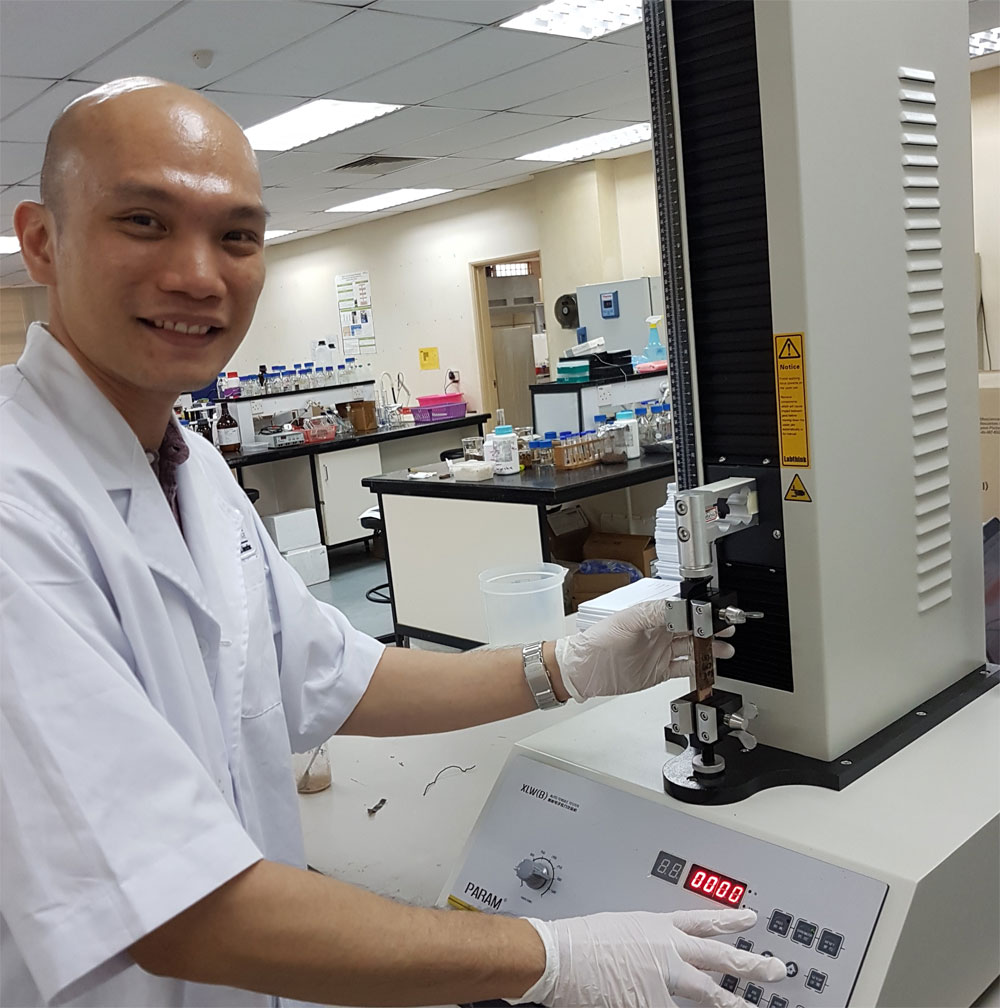Industrial Revolution 4.0 or IR 4.0 according to Klaus Schwab, founder and executive chairman of the World Economic Forum Geneva, is “building on…the digital revolution that has been occurring since the middle of the last century. It is characterised by a fusion of technologies that is blurring the lines between the physical, digital, and biological spheres. ” It is exploring the possibility of solving real-world problems using the transformative power of artificial intelligence (AI) and thriving in a world that is constantly changing. The future is bright and full of opportunities, hence the reason why two academicians from the Faculty of Health and Life Sciences at INTI International University (INTI) are nurturing future biotechnicians.

Associate Professor Dr S. Geetha A/P Subramaniam is currently the Head of Division (Life Sciences and Foundation in Science) for the faculty and has been with INTI since June 2014. Prior to joining INTI, she was working in the biotechnology industry, as the Head of Science & Research at a private laboratory called Geneflux Biosciences Sdn. Bhd. for 6 years. Her journey on the Biotechnology path began at Universiti Malaya, where she had spent nearly two decades including her undergraduate studies, obtaining a PhD in Medical Sciences, and building a career as a postdoctoral research fellow where she participated in several award-winning research works.
Associate Professor Dr Geetha, as she is known, is currently teaching and carrying out research work on antimicrobial properties of medicinal plants, which has resulted in two publications to-date, and three more papers that have been submitted for publication. She is currently researching antibiotic resistance, particularly the MRSA and MRSE superbugs, which are bacterial organisms responsible for difficult-to-treat infections in humans.
She shares why she enjoys research work, “It’s the feeling you get that, in a small way, you are contributing to the wealth of knowledge and that it may benefit someone. Above all, it is the thrill of learning new things and collaborating with knowledgeable people!”
Ultimately, Associate Professor Dr Geetha receives more joy through teaching. “I love receiving the students’ response. When a student correctly answers a question which requires critical thinking skills, it’s the most awesome feeling in the world! But what is even better, is when a student asks me a question that is related to the subject matter, thus demonstrating application of knowledge. I also enjoy inculcating the love of research into my final year students who have to complete a project before they graduate.”
Sharing her passion for research and teaching is her colleague, Associate Professor Dr Cheng Wan Hee. He has been with INTI for four years, and prior to his academic career, he worked in a pest control company in-between his bachelor’s degree and master’s degree. He had a taste of research while working as a research assistant in his alma mater, Universiti Putra Malaysia, while completing his master’s degree and took up part-time teaching at Technology Park Malaysia College. After obtaining his PhD in Science (Ecotoxicology), he decided there was no turning back and entered the world of academia and research in a full-time capacity at INTI.

At the moment, Associate Professor Dr Cheng is researching metal contents and the health and risk assessment of paddy consumption, along with a research on the usage of palm oil fruit husk as industrial-strength glue.
“I enjoy sharing my knowledge and experiences with younger generations, and it is great to see them bloom and excel in their career and personal lives,” shared Associate Professor Dr Cheng. “And there is also a different kind of excitement when it comes to research – it is exhilarating to explore new discoveries in science and upon successful research, the sense of achievement makes me feel that all my time and effort spent on the project was totally worth it.”
What future waits for biotechnology in IR 4.0? Associate Professor Dr Geetha answers, “Biotechnology is advancing in leaps and bounds with the usage of AI – new knowledge today can become old news next month. With the increasing incidences of infections, global warming, the threat of food and water shortage, pollution in our water, land and air, scientists all over the world are racing to find solutions to these immense problems. This is where biotechnologists can be part of the solution and Malaysia is in definite need for more biotechnologists.”
Associate Professor Dr Cheng added, “IR 4.0 is very much in line with the main aim of biotechnology – to utilise living organisms to produce products that will benefit human beings and the environment. With IR 4,0, the prospects for biotechnology are huge. For example, now that we have improved ways of collecting, storing and analysing huge amounts of data, this has greatly increased our efficiency in research work as we now have the convenience of automation and ‘smart factories’ that can run with minimum human involvement.”
Dr Joseph Lee, Vice Chancellor of INTI International University concluded, “We are working on our current biotechnology programme to also include additional modules such as Business, Mass Communications and Finance so that our graduates will be able to explore other opportunities such as operating their own biotech-related business. With a more holistic approach to our biotechnology programme, graduates will be able to stand out in today’s competitive job market and acquire the skills required to work in a world that is advancing at a rapid speed.”